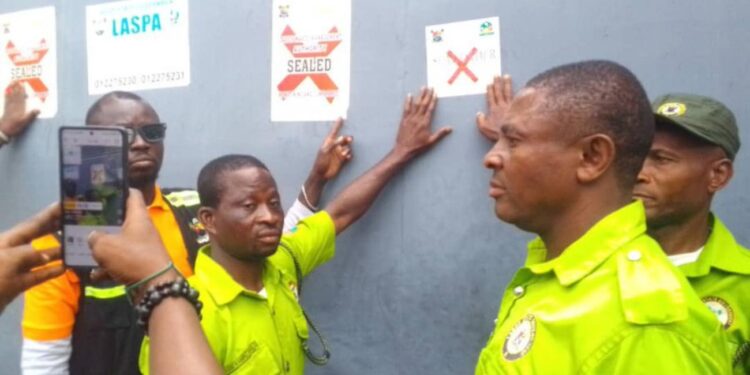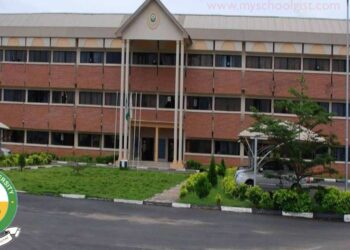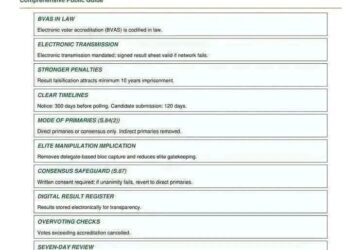The recent sealing of Dowen College in Lekki by the Lagos State Government has sparked conversations not only about environmental responsibility in schools, but also about the legal teeth behind Lagos’ waste management regulations.
On August 13, 2025, operatives of the Lagos State Environmental Sanitation Corps (LAGESC) and the Lagos Waste Management Authority (LAWMA) traced illegally dumped refuse to the college. The evidence — including a video showing two staff members disposing of waste in an undesignated area — prompted the Commissioner for Environment and Water Resources, Tokunbo Wahab, to order the school’s closure under the #ZeroToleranceLagos enforcement drive.
Under Lagos law, indiscriminate waste disposal refers to the act of discarding refuse outside government-approved bins, dump sites, or waste channels. This includes dumping in drains, waterways, roadsides, vacant plots, or burning waste in open public spaces.
Such acts pose significant threats: blocked drainage, flooding, rodent infestations, and the spread of diseases such as cholera and typhoid.
The Legal Framework
The Lagos State Environmental Management and Protection Law, 2017, is the primary statute governing waste disposal and environmental safety in the state.
Key Provisions Relevant to the Dowen College Case
Section 115 – Prohibition: Outlaws the dumping of waste in any place not designated by LAWMA.
Section 116 – Enforcement: Grants LAWMA powers to inspect premises, enforce waste management rules, and penalise offenders.
Section 118 – Closure of Premises: Authorises the sealing of any facility found in breach of environmental regulations until it rectifies the violations.
Section 125 – Repeat Offenders: Mandates prosecution in an environmental court for institutions or individuals with repeated infractions, attracting stiffer penalties.
Sanctions and Penalties
For corporate bodies such as schools, the law allows:
Fines (scaled according to the severity and frequency of the violation).
Immediate closure of premises until compliance is verified.
Court prosecution for persistent breaches, with the possibility of higher fines and community service orders.
Why This Matters to Schools
Educational institutions are expected to serve as role models in civic and environmental responsibility. Non-compliance with waste regulations not only attracts legal penalties but also tarnishes the reputation of the institution and erodes public trust.
“Lagos must remain clean, safe and healthy for all residents, and enforcement will continue without compromise.”
Dowen College will remain sealed until it demonstrates compliance with approved waste disposal and sanitation standards. Its case stands as a cautionary tale for other schools and businesses — in Lagos, environmental laws are not mere guidelines; they are enforceable obligations.



















































































 EduTimes Africa, a product of Education Times Africa, is a magazine publication that aims to lend its support to close the yawning gap in Africa's educational development.
EduTimes Africa, a product of Education Times Africa, is a magazine publication that aims to lend its support to close the yawning gap in Africa's educational development.